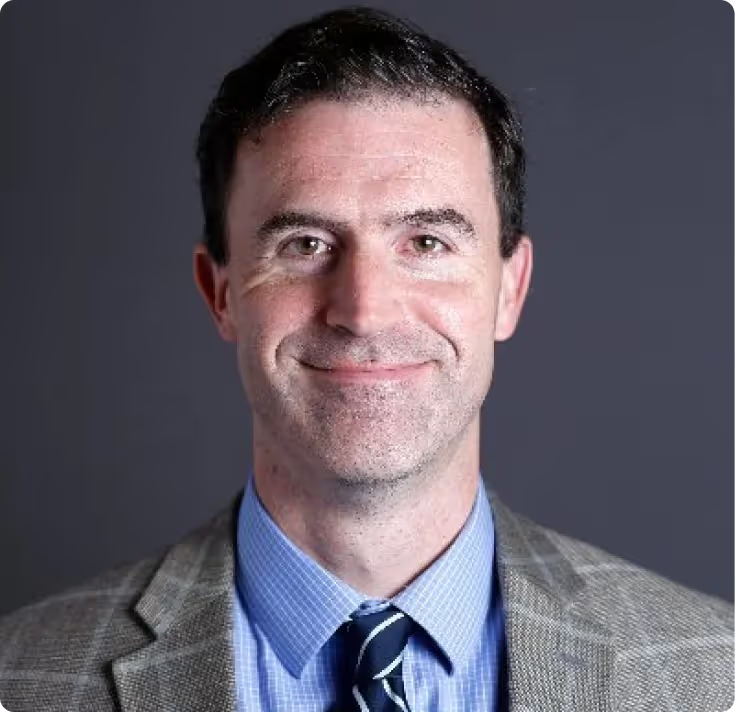
Solving the Housing Crisis: A Symposium
We have access to a set of proposals to take us out of the current unsatisfactory residential housing conundrum. Judge Glock, Edward Pinto, and Dan Shoag discuss this problem and outline a path toward housing affordability.
The supply and affordability of housing in America has become an issue in countless cities, regions, and states. Many attribute the soaring price of housing as a litmus test that shapes citizens’ perceptions and attitudes about the future direction of their country. If home ownership is not a realistic possibility during their working years, the American Dream is no longer possible. Yet, the reasons for the housing supply problem are not unknown. We can disagree on some reasons and how to rank them according to their contributions to our housing situation, but we have access to a set of proposals to take us out of the current unsatisfactory residential housing conundrum. The problem seemingly is a matter of will to change our current regulatory course and also overcome ideology in some instances, namely environmental protection and an insistence on a green future to the detriment of what consumers want and can afford.
We asked Judge Glock, Edward Pinto, and Dan Shoag to discuss this problem and outline a path toward housing affordability.
Economic Dynamism
.jpg)
Do Dynamic Societies Leave Workers Behind Culturally?
Technological change is undoubtedly raising profound metaphysical questions, and thinking clearly about them may be more consequential than ever.

The War on Disruption
The only way we can challenge stagnation is by attacking the underlying narratives. What today’s societies need is a celebration of messiness.

Unlocking Public Value: A Proposal for AI Opportunity Zones
Governments often regulate AI’s risks without measuring its rewards—AI Opportunity Zones would flip the script by granting public institutions open access to advanced systems in exchange for transparent, real-world testing that proves their value on society’s toughest challenges.

Downtowns are dying, but we know how to save them
Even those who yearn to visit or live in a walkable, dense neighborhood are not going to flock to a place surrounded by a grim urban dystopia.

The Housing Crisis
Soaring housing costs are driving young people towards socialism—only dispersed development and expanded property ownership can preserve liberal democracy.

Oren Cass's Bad Timing
Cass’s critique misses the most telling point about today’s economy: U.S. companies are on top because they consistently outcompete their global rivals.

Blocking AI’s Information Explosion Hurts Everyone
Preventing AI from performing its crucial role of providing information to the public will hinder the lives of those who need it.



.jpeg)




.jpg)





